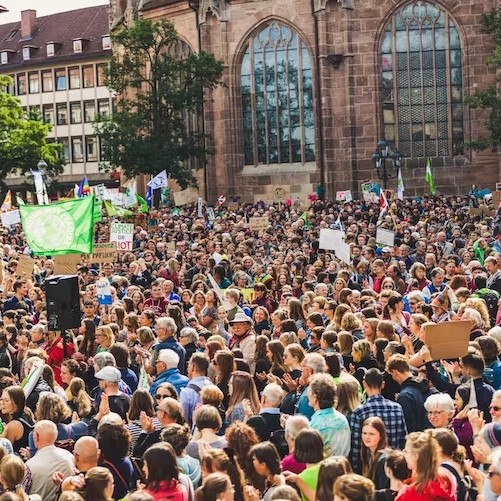As stated in our article for The Conversation, reaching an agreement is a difficult task, especially if it involves large groups of individuals with a diversity of opinions, tendencies and interests. We have now an explanation for this, based on the scientific modelling of opinion dynamics in social systems. The results of our investigation, published in Chaos, Solitons and Fractals are surprising and tell us that enhancing the diversity in the groups of influence or partitioning them into smaller units could be good strategies to avoid unsurmountable polarisation and gridlock in the pursuit of global agreement.
University of Barcelona | UBICS | ICREA

